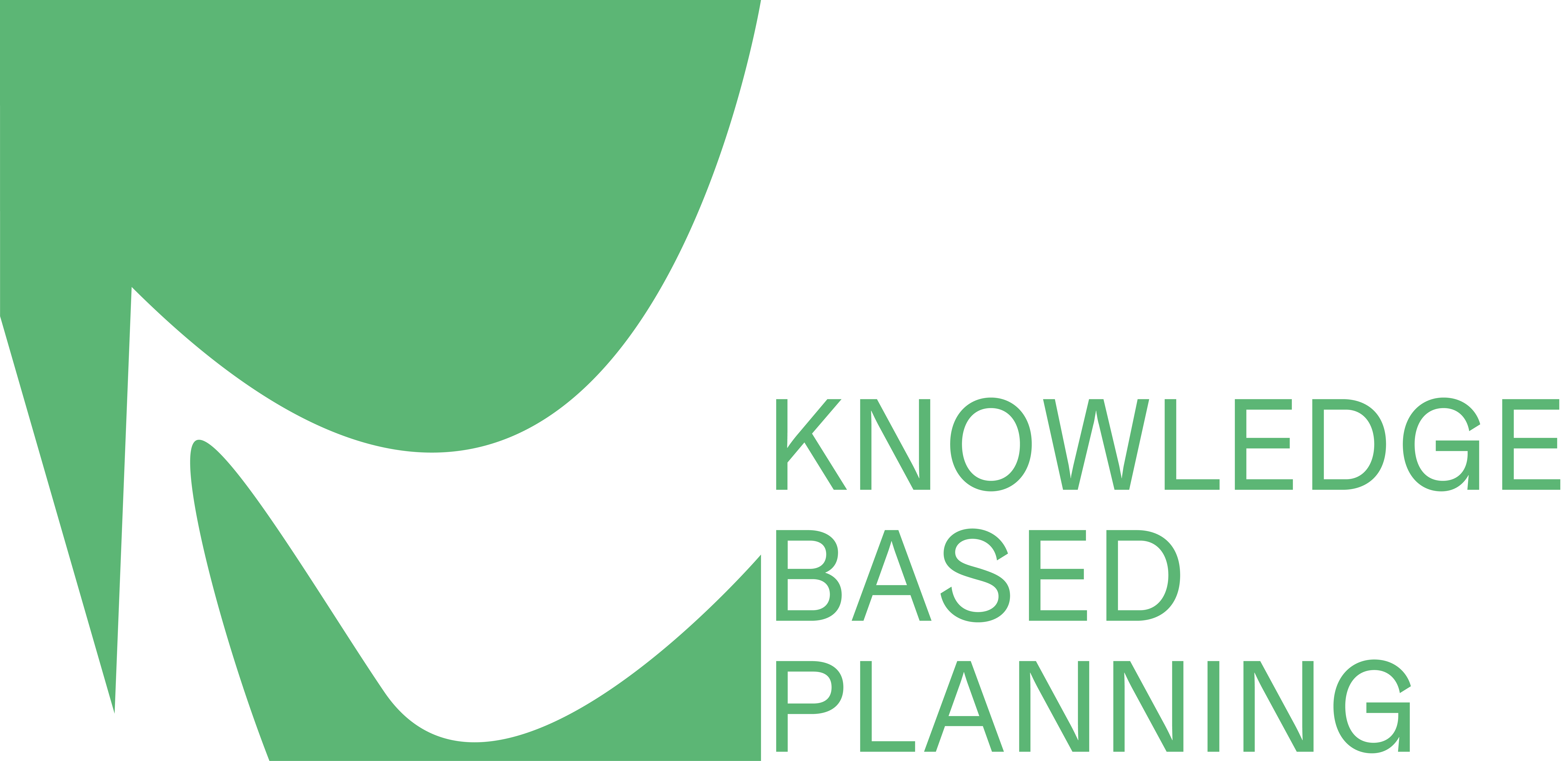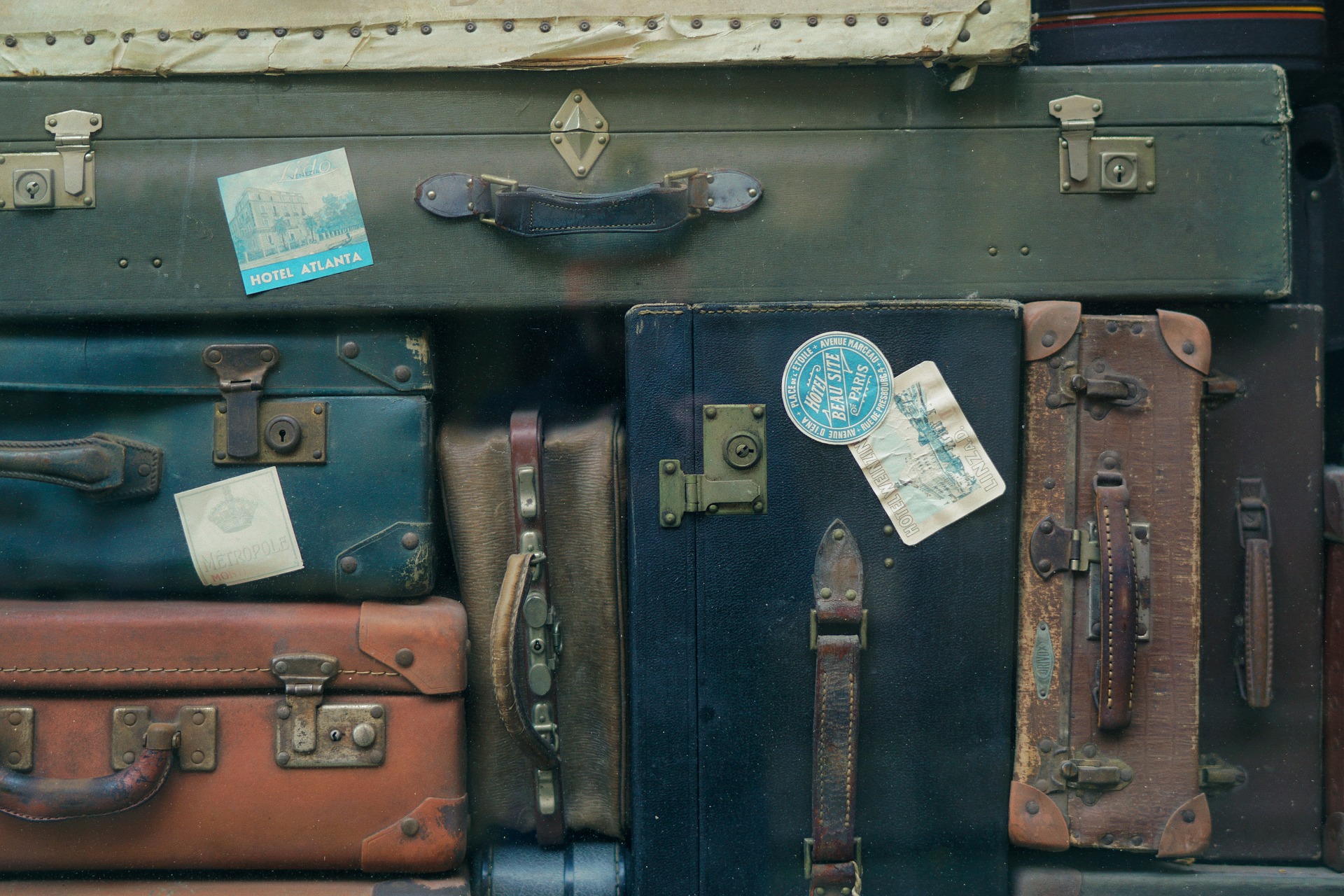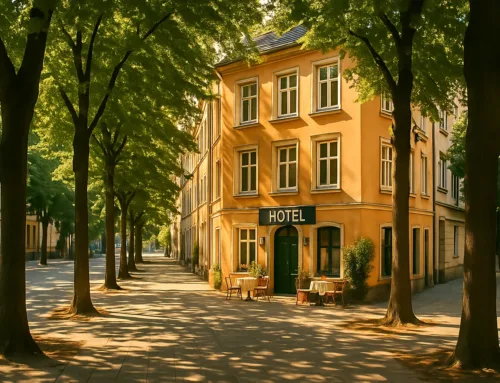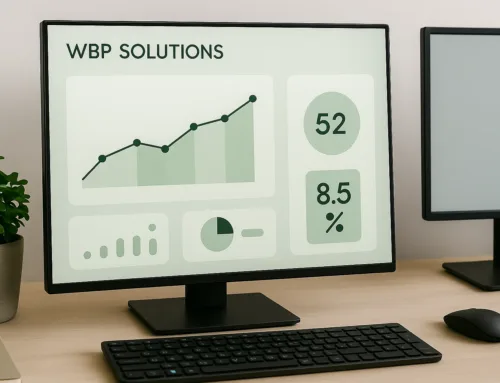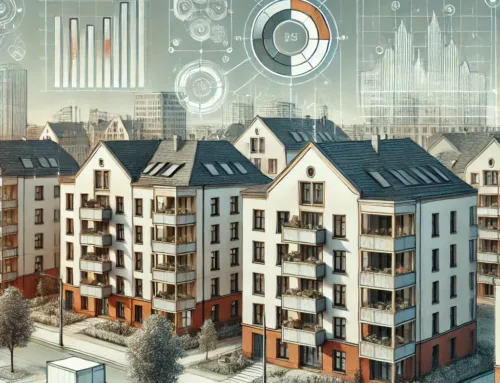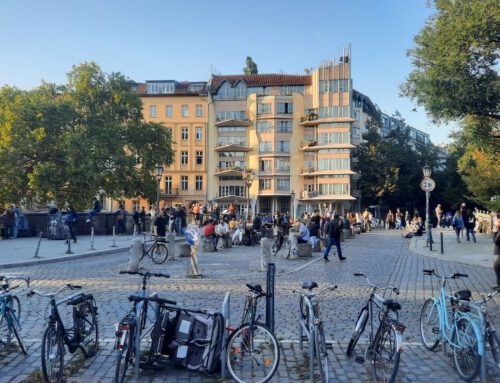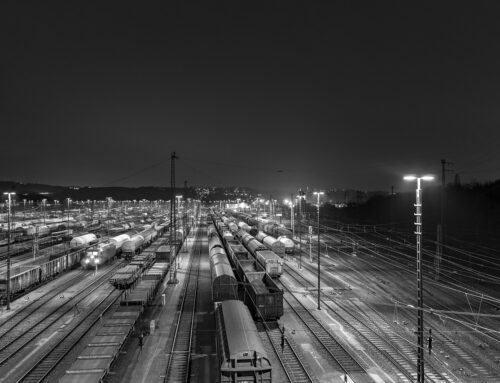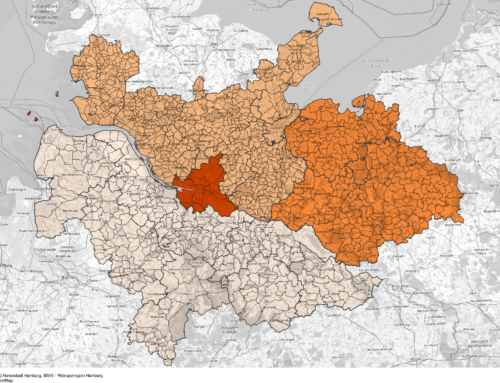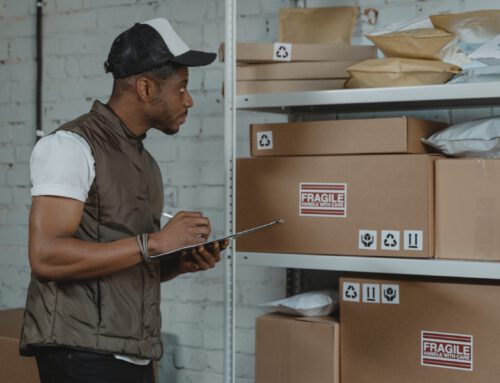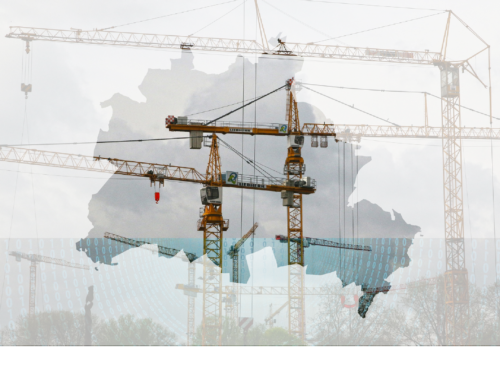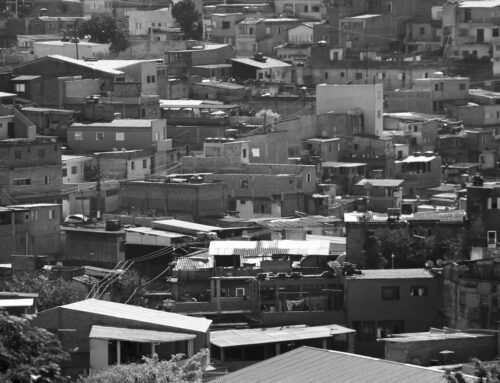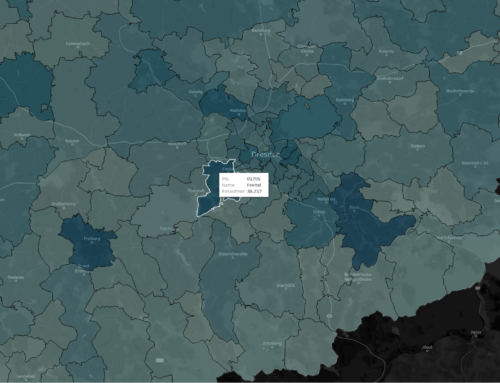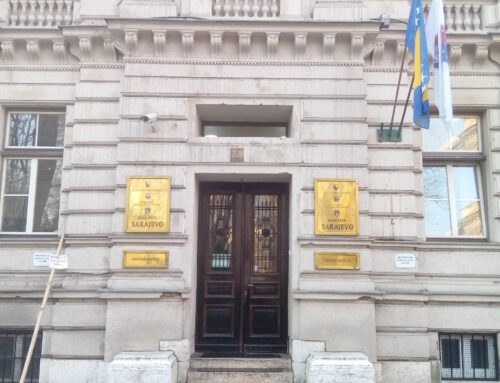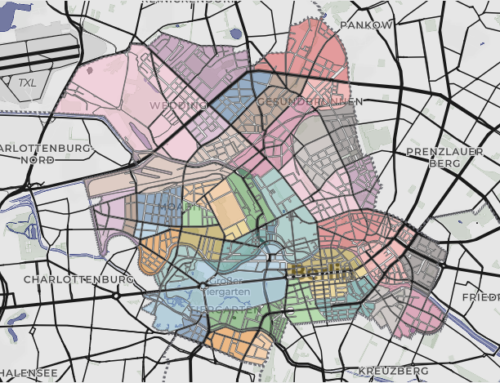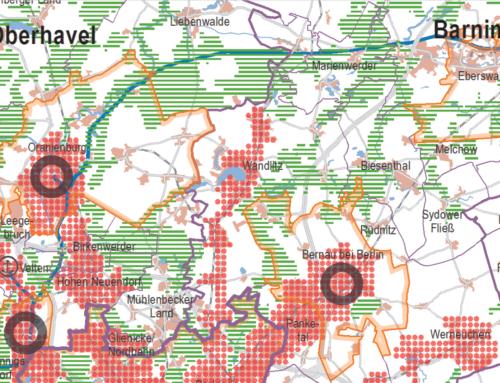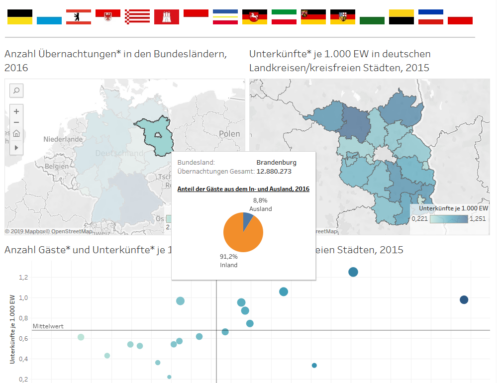Project description
Berlin is growing. not only has the population in berlin been growing dynamically for years. the number of visitors has also been growing steadily for over 15 years. tourism growth is an increasing topic of urban development planning in communities and districts. new urban tourism has been playing an important role in this context for some years now. the neighbourhoods are used for leisure and evening activities. this can lead to intensive use of public space, which can cause conflicts with the locals and local businesses. noise pollution, pollution, overcrowding and an increase in criminal offences can sometimes lead to negative attitudes on the part of the residents of areas used for tourism. the negative consequences of touristification/overuse of public space are often attributed exclusively to foreign guests. the fact that Berliners (and people from Brandenburg) also use the spaces for leisure activities and are also the cause of the negative effects of tourism is not only a matter of the fact that the city is a tourist destination, but also of the fact that the city is a tourist destination.
However, current, very small-scale data on the composition of visitors at individual Points of Interest (POI) are not available. Therefore, Dr. Paul Hebes - Knowledge-Based Planning, together with the Free University of Berlin, is conducting a survey of users and their composition at several hotspots on behalf of visitBerlin in order to be able to support and objectify the political and media discussion at city, district and neighbourhood level with further data.
Within the scope of the project I take over services in the following areas
- Conception (definition of the research question, GIS-supported identification of the survey areas, question development etc.)
- Organization and monitoring of the field phase, incl. app-supported survey
- Evaluation and visualization of the acquired data
- Project Management
(Note: The project descriptions modified by me and presented here have been created jointly by the respective project participants)
Further information
Period
March – November 2019
Client

Berlin Tourismus & Kongress GmbH (visitBerlin)
Project partners
Keywords
Tourism
Berlin
Primary data collection
qualitative study
Neighbourhood
spatial analysis
